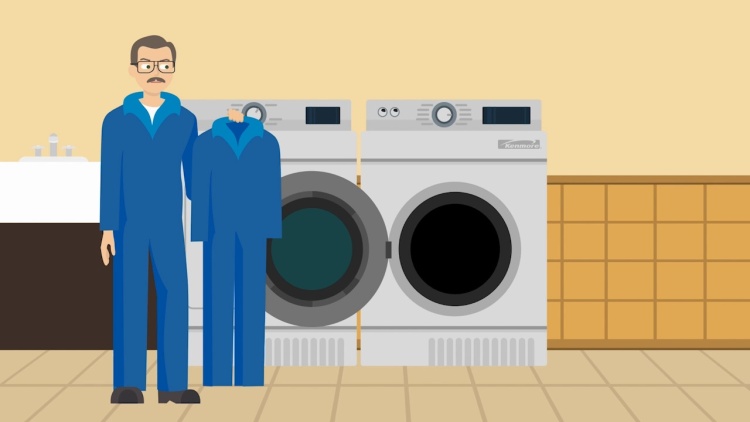Quisenberry v. Huntington Ingalls Inc.
Virginia Supreme Court
296 Va. 233, 818 S.E.2d 805 (2018)
- Written by Robert Cane, JD
Facts
Benni Plessinger worked at a job for Newport News Shipbuilding and Dry Dock (Shipyard) for 30 years in which he was regularly exposed to asbestos. Shipyard did not provide lockers, laundry service, or any other method that would have prevented asbestos exposure beyond the workplace, nor did it warn its employees regarding the risk of asbestos. Wanda Quisenberry, Plessinger’s daughter, lived with Plessinger and helped launder Plessinger’s work clothes, which were covered with asbestos. Wanda eventually contracted mesothelioma from asbestos exposure and died. Wesley Quisenberry (plaintiff), Wanda’s son, filed a wrongful-death suit against Huntington Ingalls, Incorporated (defendant) the corporate successor of Plessinger’s employer, Shipyard. Wesley alleged that Shipyard (now, Huntington Ingalls) negligently caused the death of his mother by failing to exercise reasonable care in preventing the spread of asbestos on its employees’ work clothes. Huntington Ingalls removed the suit to the federal district court. The district court submitted a certified question to the Virginia Supreme Court, asking whether an employer owes a duty of care to the family member of an employee who was exposed to asbestos at work.
Rule of Law
Issue
Holding and Reasoning (Millette, J.)
Dissent (Lemons, C.J.)
Dissent (McClanahan, J.)
What to do next…
Here's why 907,000 law students have relied on our case briefs:
- Written by law professors and practitioners, not other law students. 47,100 briefs, keyed to 996 casebooks. Top-notch customer support.
- The right amount of information, includes the facts, issues, rule of law, holding and reasoning, and any concurrences and dissents.
- Access in your classes, works on your mobile and tablet. Massive library of related video lessons and high quality multiple-choice questions.
- Easy to use, uniform format for every case brief. Written in plain English, not in legalese. Our briefs summarize and simplify; they don’t just repeat the court’s language.







